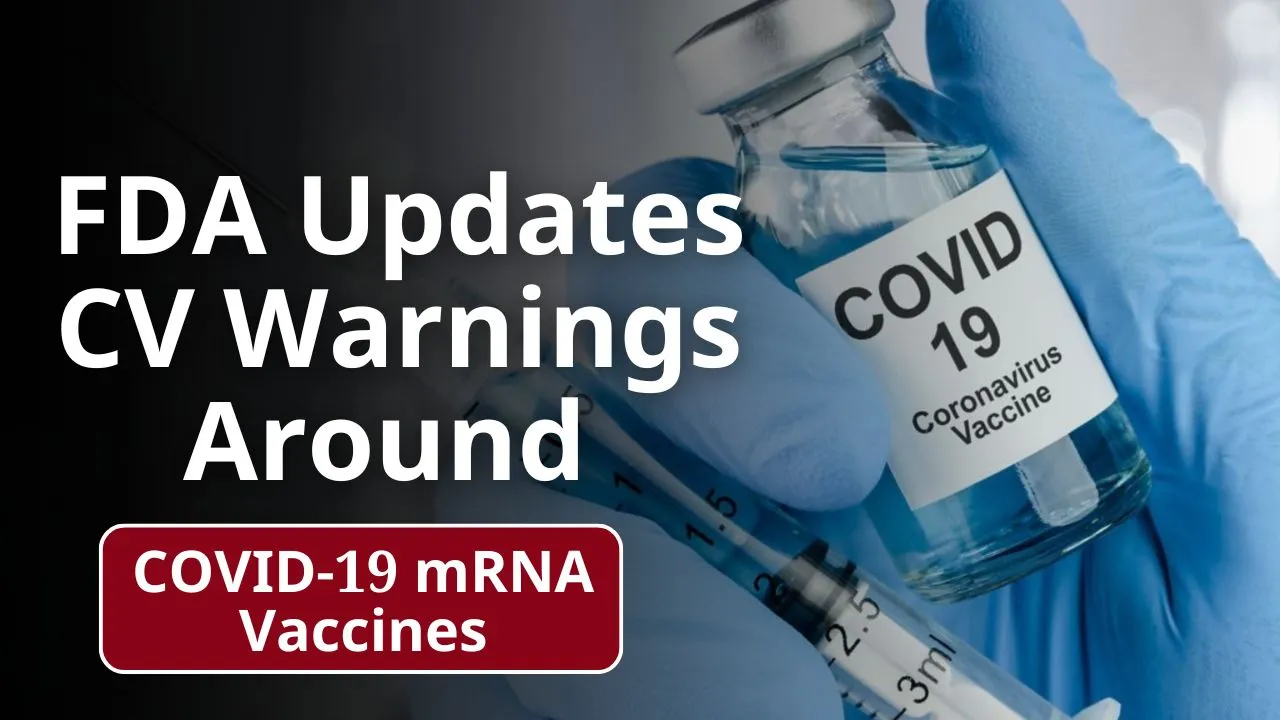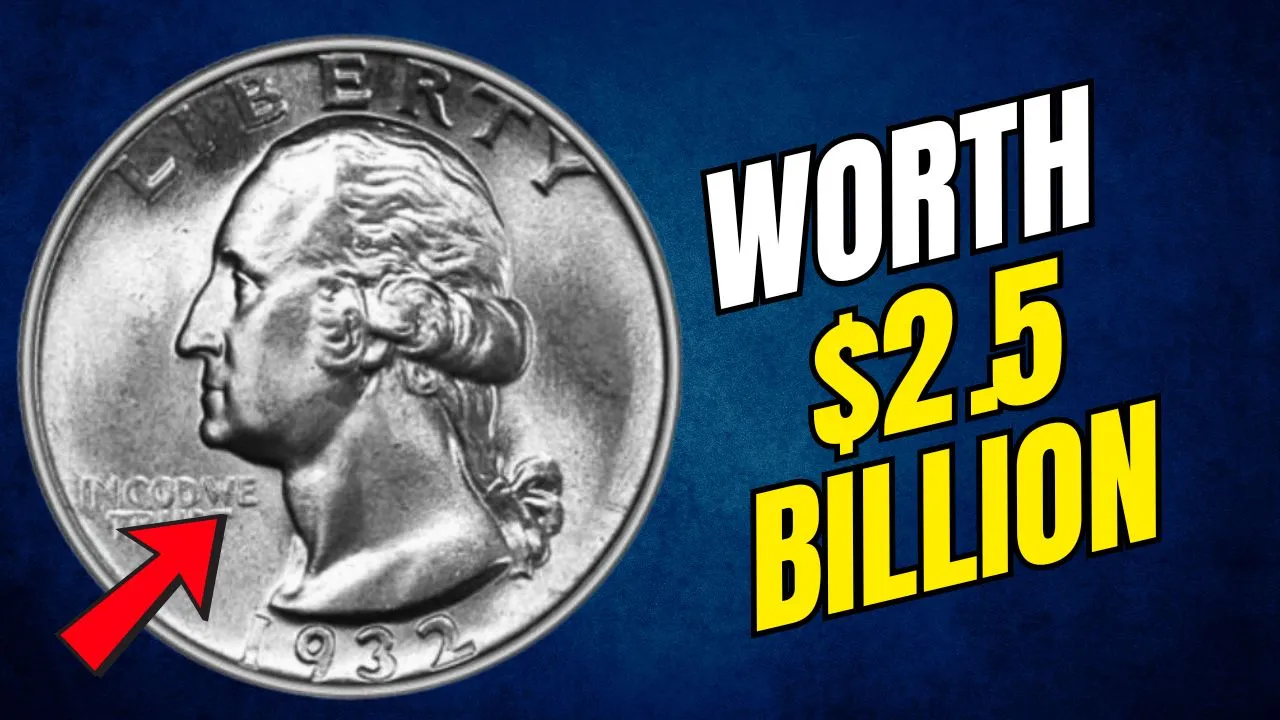FDA Updates CV Warnings: FDA Updates CV Warnings for mRNA COVID-19 vaccines mark a milestone in transparent health communication. With millions of doses of Pfizer’s Comirnaty and Moderna’s Spikevax delivered worldwide, rare cases of myocarditis and pericarditis have emerged. The FDA’s move to refine labels aims to present balanced, accurate information so people understand both risks and benefits.
This article explores what led to the label change, the real-world numbers being shared, current research developments, and how this affects individuals, healthcare providers, and public confidence. You’ll find clear data, easy-to-read sections, FAQs, and practical takeaways in simple language.
FDA Updates CV Warnings
The FDA has revised the labels on Pfizer and Moderna mRNA vaccines to include specific numbers for myocarditis and pericarditis after doses. The update reports approximately eight cases per million doses among people aged six months to 64 years, and 27 cases per million among males aged 12–24. This shift embeds transparency into vaccine safety, supporting informed consent, better public awareness, and strengthened trust in vaccines.
Overview Table of Key Vaccine Data
| Category | Details |
| Vaccines Affected | Pfizer (Comirnaty) & Moderna (Spikevax) |
| Risk Period | First week after vaccination |
| General Incidence | ~8 cases/million doses (ages 6 mo–64 yr) |
| High‑Risk Group | ~27 cases/million doses (males aged 12–24) |
| Data Source | 2023–2024 health insurance claims (in- and outpatient) |
| CMR Study Group | 333 myocarditis cases followed via cardiac MRI |
| Initial Severity | Mostly mild symptoms |
| 6‑Month MRI Findings | Over 80% with evidence of myocardial injury |
| Label Disclaimer | “Clinical and prognostic significance … is unknown.” |
| Ongoing Research | Long-term follow-up by Pfizer and Moderna |
Background on Myocarditis and Pericarditis Warnings
Myocarditis (heart muscle inflammation) and pericarditis (inflammation of the heart’s lining) are rare events linked to mRNA vaccines. They tend to appear within a week post-vaccination and are often mild. Yet, their appearance prompted careful FDA tracking. By including clear case numbers, the FDA strengthens informed consent and encourages prompt recognition of warning signs like chest pain or breathlessness.
What the New Data Shows
Previously, labels described myocarditis/pericarditis risk without figures. Now, showing eight versus 27 cases per million puts risk into context. Eight per million suggests rarity, while 27 per million among young males signals a higher—but still very low—risk. This enables precise communication about vaccine benefits, such as protection against hospitalization and COVID-19 complications, compared to side effects.
Details from Longitudinal CMR Imaging Study
A study followed 333 individuals with confirmed vaccine-linked myocarditis using cardiac magnetic resonance (CMR) imaging. Although initial symptoms were mild for most, over 80% showed lasting signs of myocardial injury on MRI at six months. However, none exhibited ongoing symptoms or reduced heart function. Because of this, the FDA advises that the “clinical and prognostic significance of the CMR findings is unknown,” meaning further evaluation is essential.
Why the FDA Chose This Path
The FDA’s goal is clear and transparent communication. Real-world numbers offer families, doctors, and public agencies clear guidance. Detailing known risks underscores both respect for patients and dedication to vaccine safety. Transparent dialogue helps reduce fear and builds public trust, especially when concerns about side effects surface online or in communities.
Ongoing Long-Term Studies
To truly understand outcomes, Pfizer and Moderna are conducting follow-up studies. These will track heart health, potential scarring, and functional recovery over time. Such longitudinal safety reviews inform updated medical guidelines and future vaccine designs. The ongoing data gathering highlights a commitment to continuous safety monitoring and scientific rigor.
Bullet Point Highlights
- Quantified Risk
- ~8 cases of myocarditis/pericarditis per million doses overall
- ~27 cases/million for males aged 12–24
- ~8 cases of myocarditis/pericarditis per million doses overall
- MRI Follow-Up
- Over 80% showed myocardial injury six months later
- No current evidence of persistent symptoms or reduced heart function
- Long-term effects remain under investigation
- Over 80% showed myocardial injury six months later
Why This Matters
- For Individuals & Parents: Having real numbers brings clarity. It helps calculate very small risk against the benefits of vaccination.
- For Clinicians: Helps structure informed conversations about vaccine safety.
- For Public Health: Reinforces trust by openly sharing evolving data.
- For Researchers: Offers new avenues to optimize vaccine safety and minimize risks.
FAQs
Q1: How rare is vaccine-related myocarditis?
Very rare—about eight cases per million people vaccinated, increasing to about 27 per million in males aged 12–24.
Q2: What symptoms should I watch for?
Symptoms include chest pain, shortness of breath, or rapid heartbeat, especially within a week of getting vaccinated.
Q3: Are these cases serious?
Most cases have been mild and resolved quickly. Even with lasting MRI findings, no significant long-term heart damage has been reported—yet.
Q4: Should teens avoid mRNA vaccines?
No. Benefits like preventing severe COVID-19 usually outweigh the rare risk of myocarditis. Always talk with a healthcare provider to assess personal risk.
Q5: What is being done for vaccine safety?
Pfizer and Moderna are running long-term studies. MRI data and patient follow-up will guide safety updates and future vaccine improvements.
Final Thought
The updated FDA Updates CV Warnings labels shine a light on rare cardiovascular effects of mRNA vaccines while reinforcing vaccine transparency. These changes empower families, doctors, and decision-makers with clear numbers. If you’re concerned about vaccine effects or want to discuss your experience, please comment below. Feel free to share this article and explore more health updates for even deeper insights. Your voice matters—join the conversation and stay informed!
Call to Action:
Did these insights help you make sense of vaccine safety? Leave a comment or share your experience. Like and share this article to spread clarity. Explore our health center for more updates and advice—because staying informed keeps us all safe.















